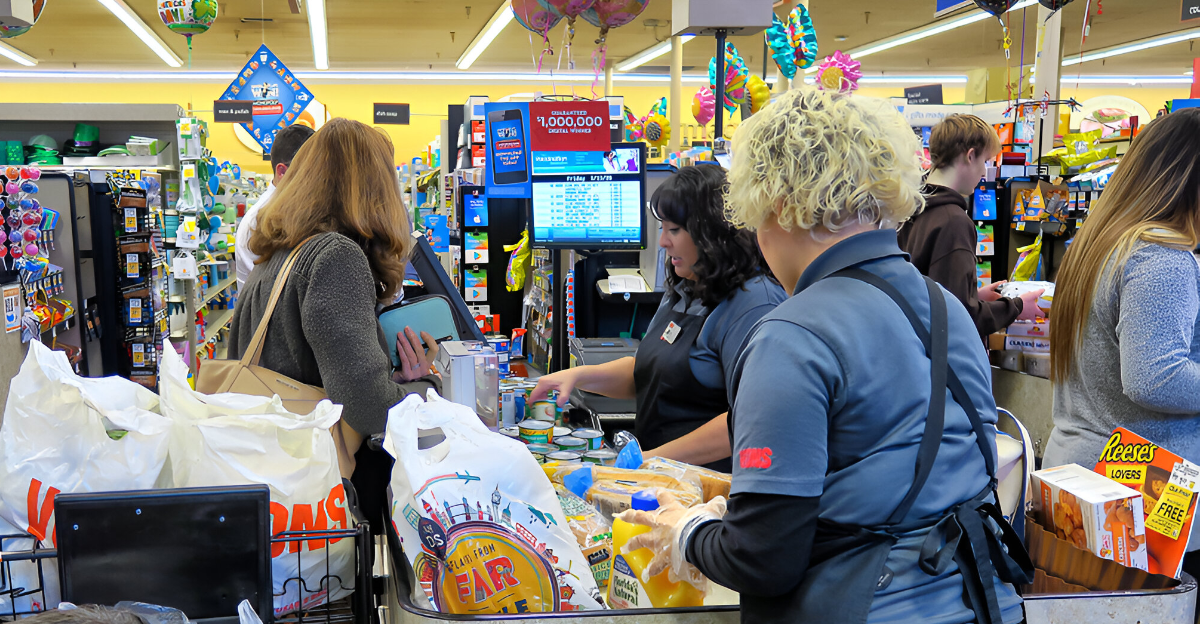
From the heartland to the Deep South, many small-town grocery stores are closing their doors. At a time when neighborhood markets are already disappearing, this steady wave of closures is disrupting daily life for hundreds of American families.
These aren’t major chains or flashy retailers; they’re local staples that once anchored their communities. Their sudden closures are alarming, especially since many residents only recently discovered that their trusted store’s doors would soon be closed for good. But why is this happening, and who is behind this decision?
Communities From Oklahoma to Georgia Affected
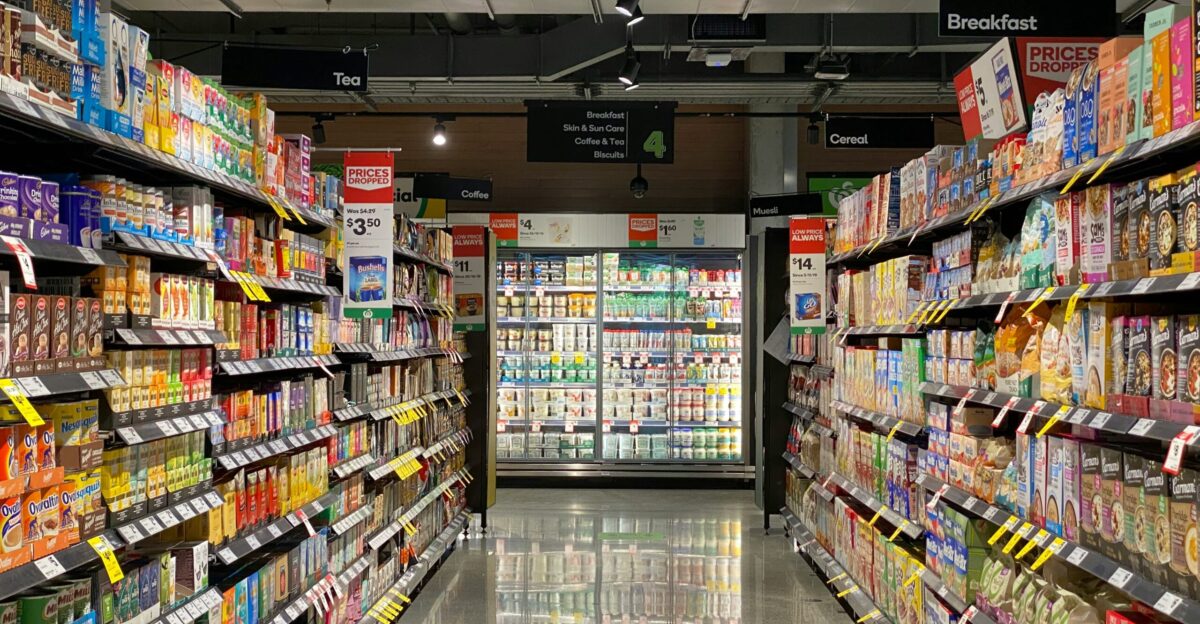
This isn’t just some localized shutdown. The closures are taking place in two very different states, Oklahoma and Georgia, affecting rural towns where many residents rely on a single full-service grocery store.
These closures are more than just small inconveniences; many residents now face long drives just to reach the nearest grocery store. With the news spreading, shoppers wonder if this is a sign of deeper troubles for smaller grocery chains in an age of retail giants.
A Store With Deep Roots
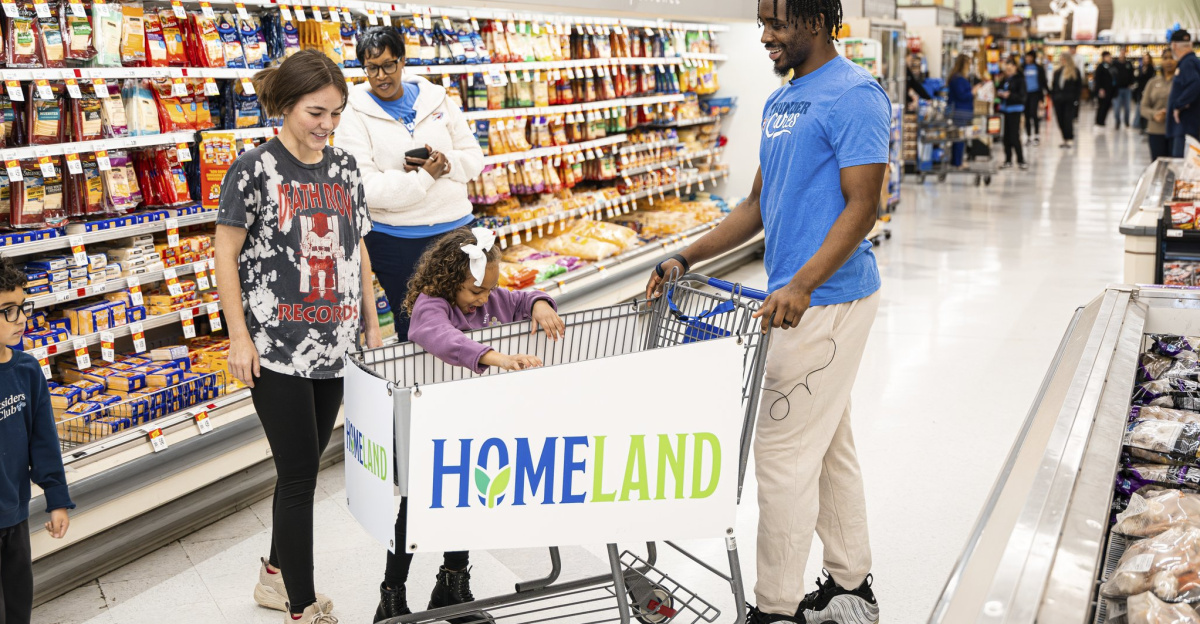
For decades, these stores served as staples of everyday life. It was where neighbors would engage in friendly conversation, kids would grab after-school treats, and families planned Sunday roasts. Commonly found in strip malls and downtown corners, they seemed more like community centers than corporate chains.
Over the years, these stores have turned into more than just convenient spots to grab groceries. Their sudden closures bring more than just empty shelves; they’re the end of an era for shoppers who grew up under their fluorescent lights.
Pressures Mount
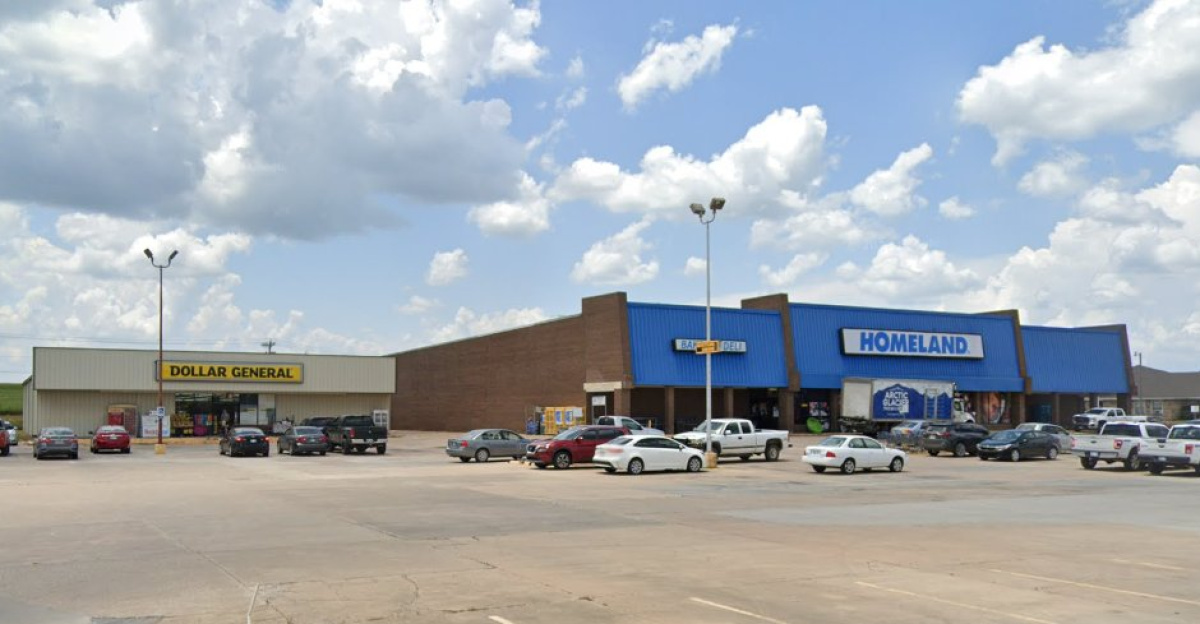
For a lot of mid-market grocers, survival has become increasingly difficult. Things like rising food prices, staffing shortages, and shrinking foot traffic have pushed operations to the breaking point. On top of that, big-box retailers and convenience-first delivery startups have only increased the pressure.
With thin margins and shifting consumer expectations, the cracks have begun to show. Even popular stores with loyal customers are struggling to keep up.
Homeland Shutters Five Stores
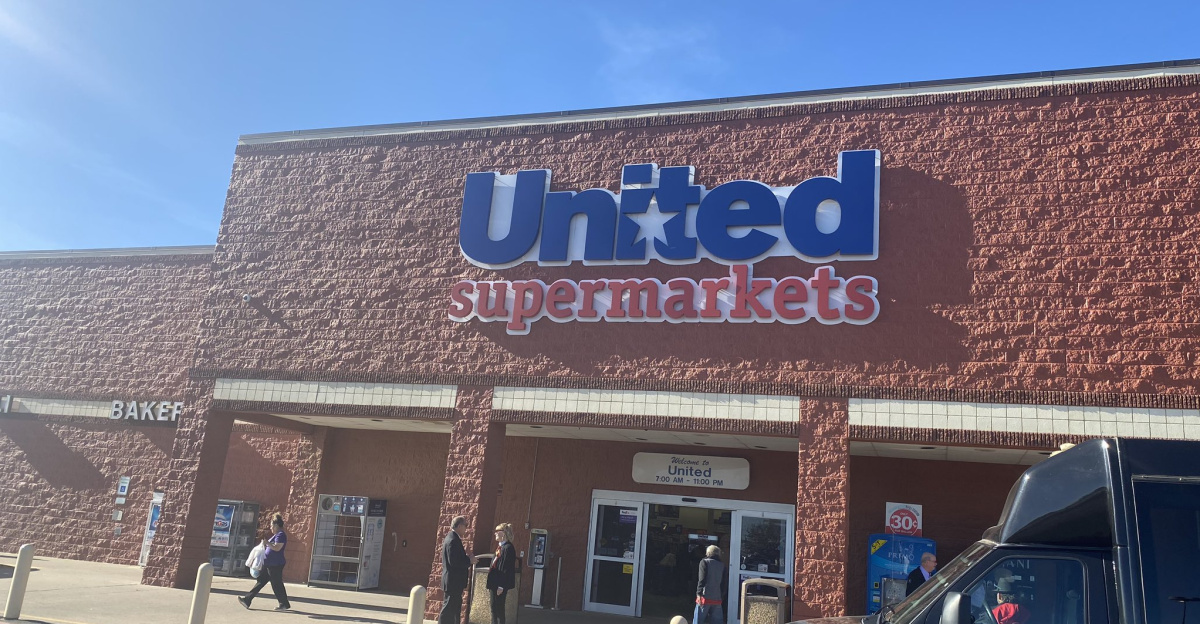
But what company is closing its stores? Homeland, a familiar name across the Midwest and South. The company plans to close four stores in Oklahoma, operating under Homeland, United Supermarkets, and Discount Foods banners, by August 16.
It is also closing a Piggly Wiggly store in Gordon, Georgia. All of these stores have served their communities for years, marking these closures as personal losses.
Which Communities Are Losing Their Stores?
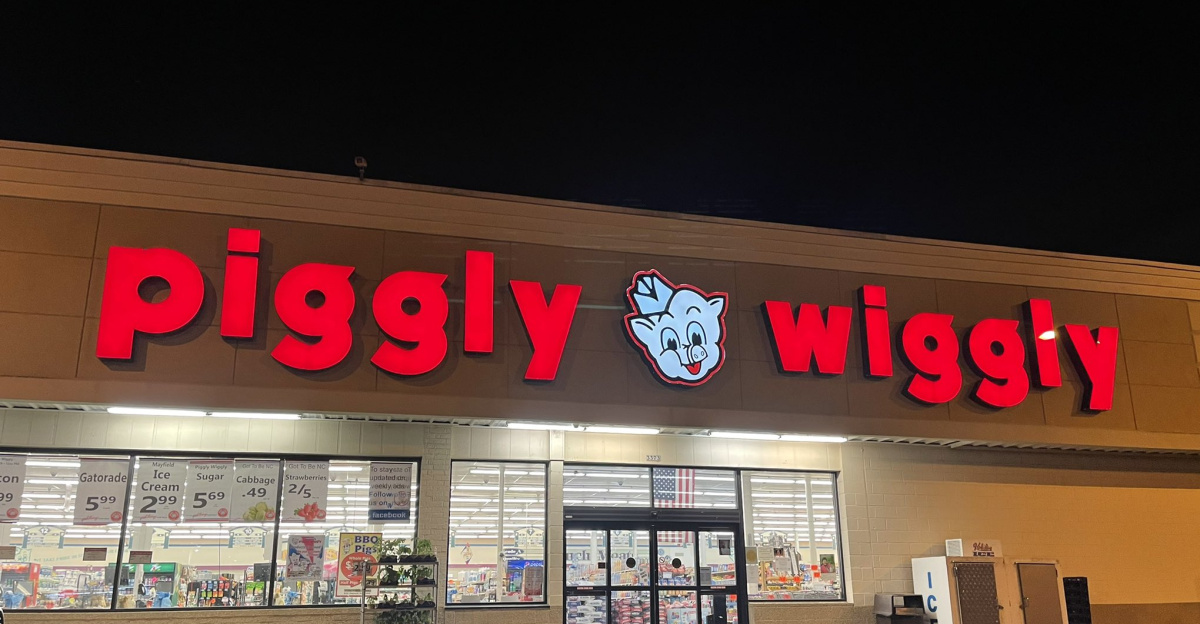
In Oklahoma, the stores that are closing include Homeland in Pauls Valley and Jay, United Supermarkets in Kingfisher, and Discount Foods in Ponca City. The Piggly Wiggly in Gordon, Georgia, is set to close its doors as well.
These closures will affect employees and leave many residents searching for nearby alternatives. According to Christin King, director of marketing and public relations for Homeland, these closures are due to “financial performance.”
King spoke to the Oklahoman, stating, “It is very unfortunate that we had to make these tough decisions, but our goal is doing the best thing for our company and our employee owners.”
Employees and Residents React
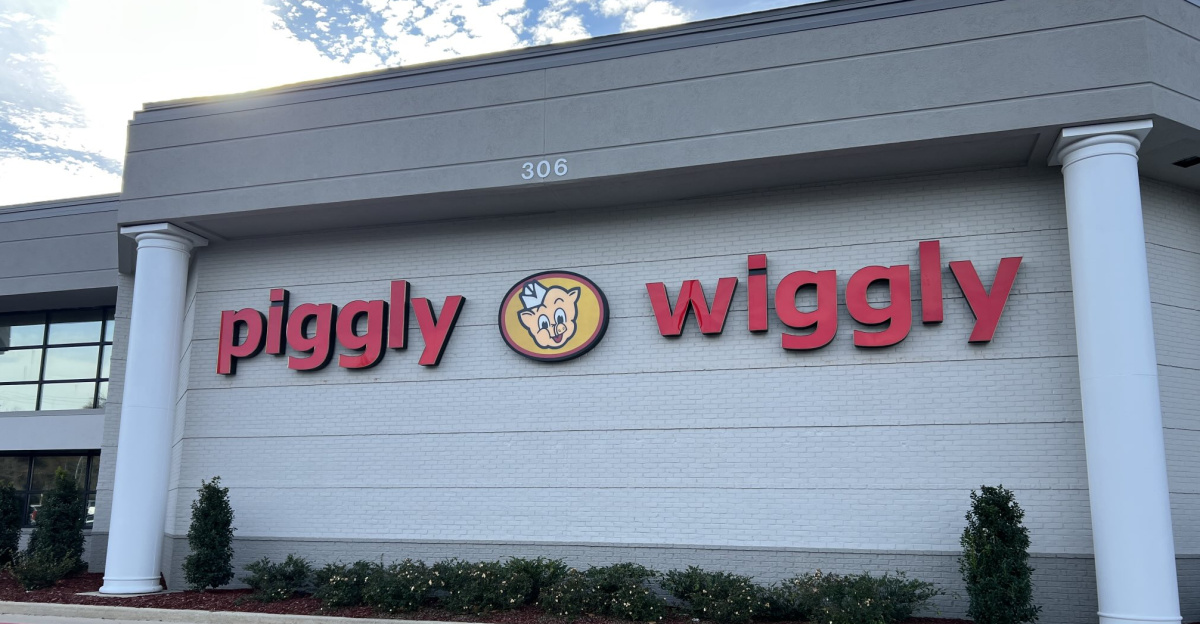
Many employees are now facing uncertain futures. Meanwhile, shoppers in Gordon have described the Piggly Wiggly closure as “devastating,” and are worried that their town might become a grocery desert.
Many longtime workers have expressed their sadness over losing not just a job, but a tight-knit workplace that felt like family. For a lot of people, the emotional cost outweighs the financial one.
A Crowded Grocery Market
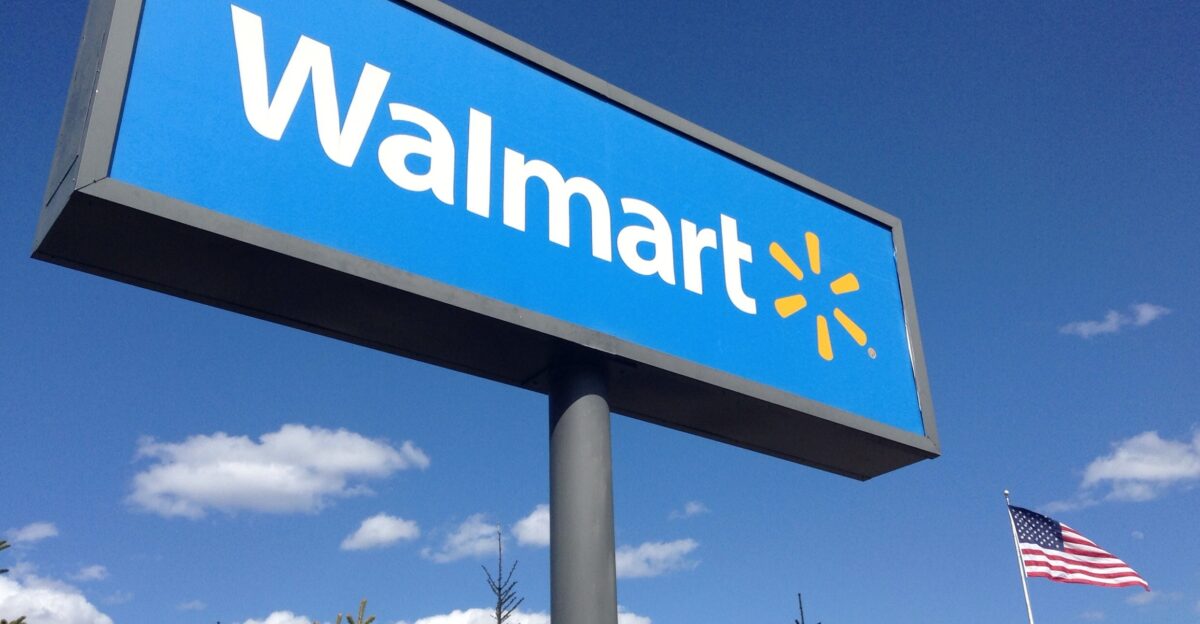
The grocery landscape is now more competitive than ever before. Homeland is competing against giant retailers like Walmart and growing chains like Aldi and H-E-B, all while still battling rising inflation and supply chain volatility.
Nowadays, shoppers are picking their grocery stores based on rice, convenience, or specialty offerings, putting even more pressure on traditional chains. These closures represent a broader challenge for regional grocers struggling to stay relevant.
How Shopping Habits Have Changed
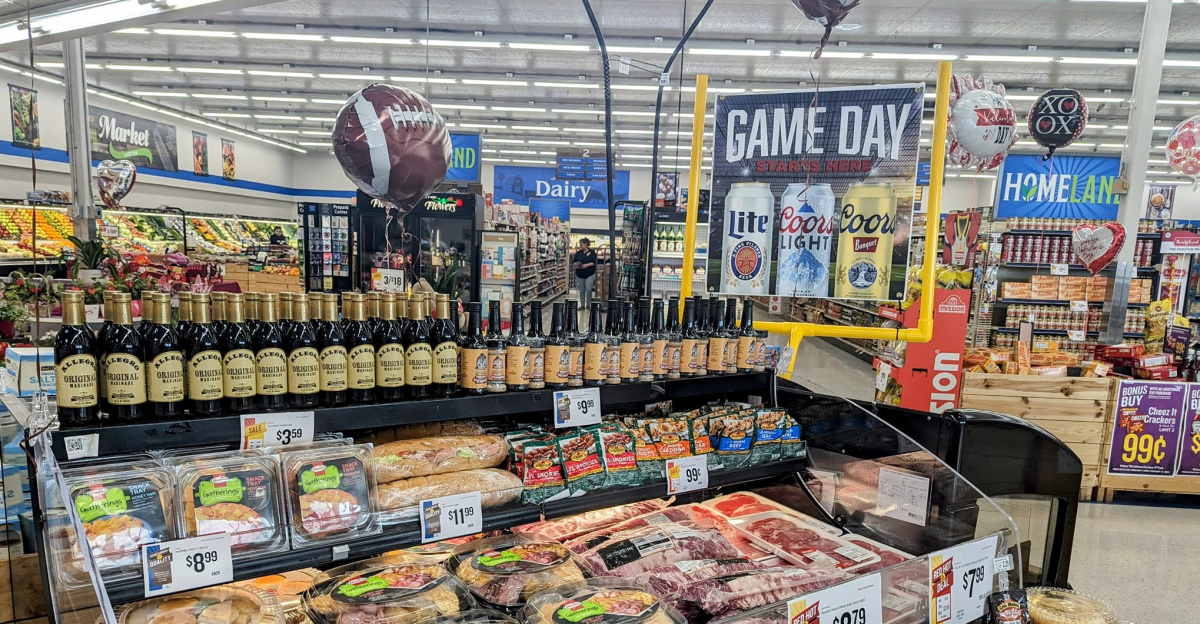
Today, grocery shopping isn’t what it once was. More people are using delivery apps, ordering groceries online, and choosing high-efficiency discount stores. While community markets might be charming, they struggle to match the price and convenience of these other options.
Shifting consumer preferences toward fresh, organic, and ready-to-eat meals have changed what shoppers want in their pantries. For retailers like Homeland, it is becoming harder to meet the fast-changing demands of today’s grocery buyer.
Can Homeland Recover?

But what will come over Homeland? The company has stated that it remained committed to its remaining stores and is looking into upgrades. But now, the company is under serious pressure to adapt.
“By closing these stores, we are able to focus on the greatest opportunities that strengthen other communities, grow communities and to really strengthen our organization by focusing resources in those areas,” King said.
The question looms: Can Homeland reinvent itself for a new era of retail, or will more closures follow? For now, no one really knows.